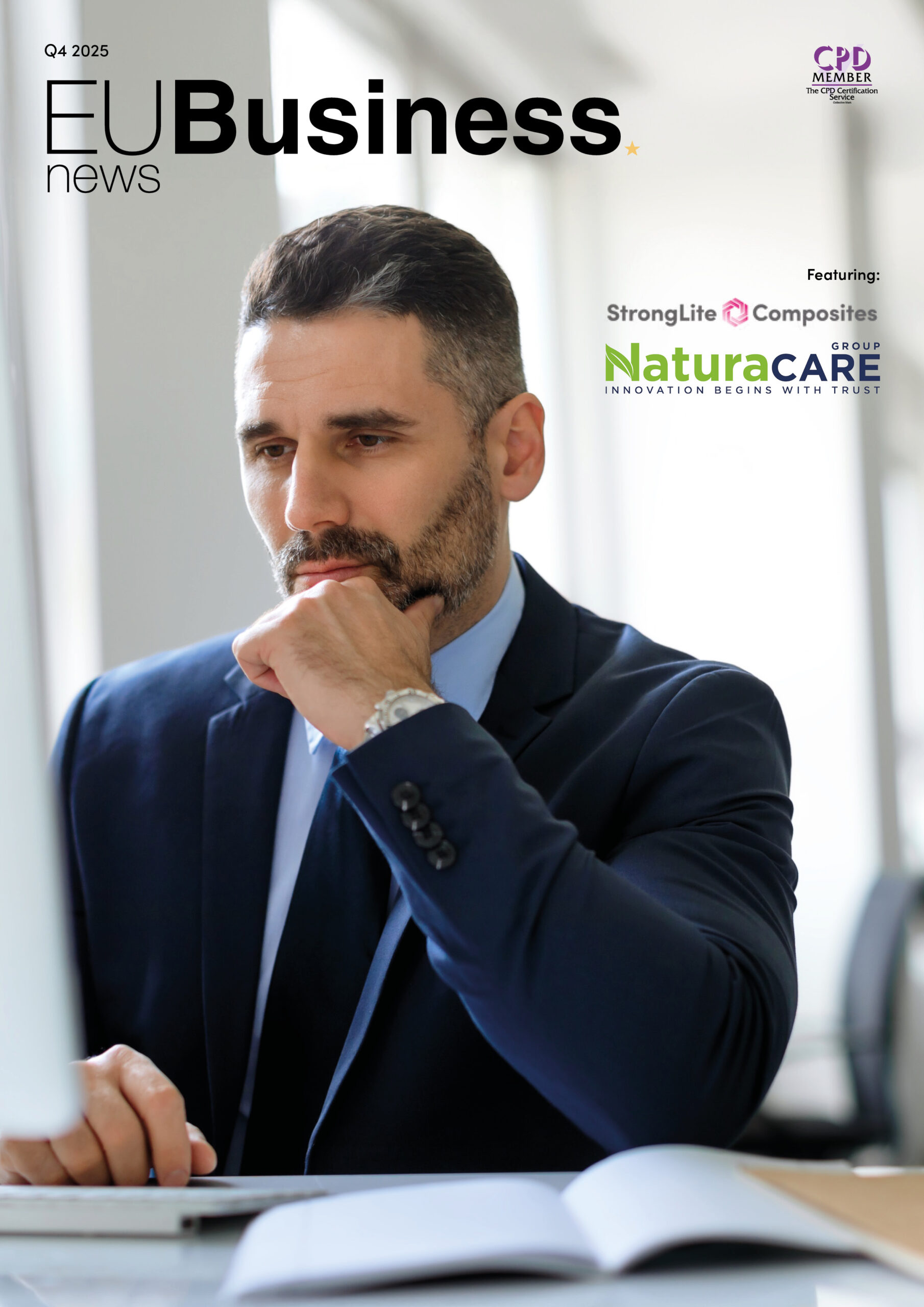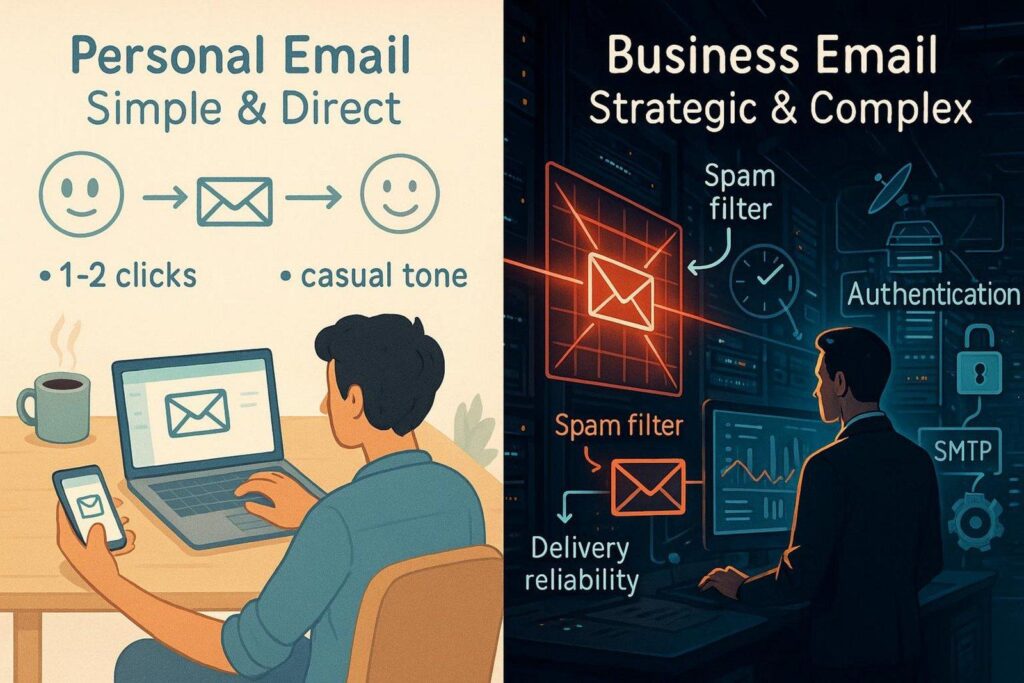BI Norwegian Business School has launched an interdisciplinary MSc in Sustainable Finance as sustainability is becoming a core concern for investors, companies, and civil society. Environmental, social, and governance (ESG) performance plays an increasingly critical role in attracting capital, in responding to owners and stakeholders demands, and in complying with emerging regulatory requirements.
The new programme is designed to prepare students for positions at the intersection of finance and sustainability, as well as traditional finance or business careers. The programme covers issues related to global sustainable development, climate change and corporate environmental and social responsibility with strong general management, quantitative and finance skills.
Associate dean of the programme, Professor Bruno Gerard, says,
“ESG factors have become increasingly important in the financial industry and are rapidly becoming a vital part of the investment process. Students looking for a career in finance need to learn how ESG issues affect financial management and how financial constraints can limit or support action towards sustainability. By studying sustainable finance, students will be able to meet this increasing need for expertise in both finance and sustainability.”
Students will gain knowledge of the core areas of business administration and understand the central role of finance in the global economy and in the adoption of sustainable technologies and practices. Upon completing the programme, graduates will be able to analyse, assess, and balance ESG and sustainability risks and rewards against traditional financial risk and returns in the context of corporate investments and valuation.
The new programme starts in August 2021 with courses on the programme including microeconomics, mathematics, and ethics and sustainability in organisations, among others.


























